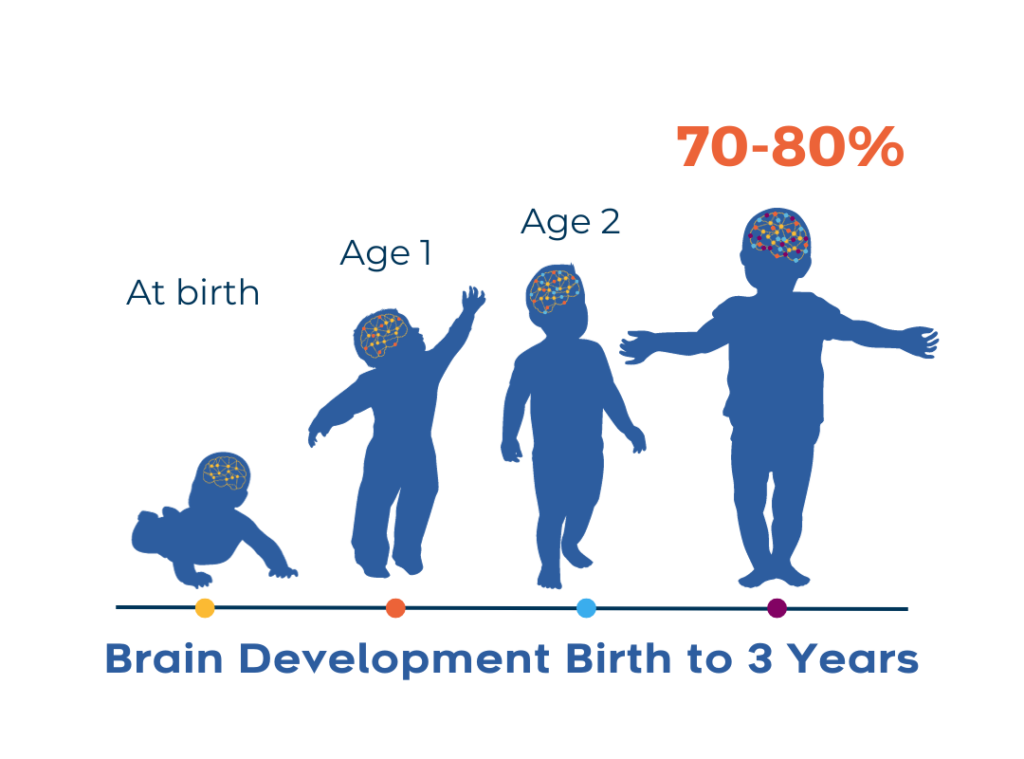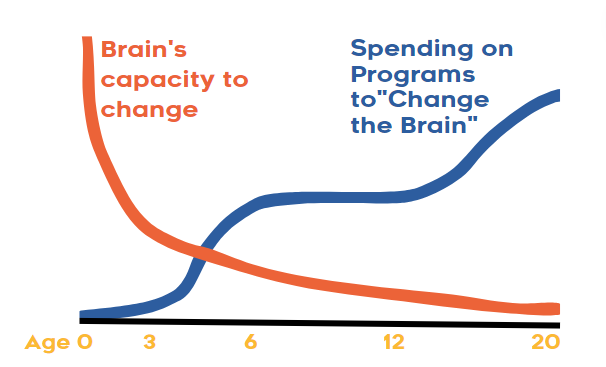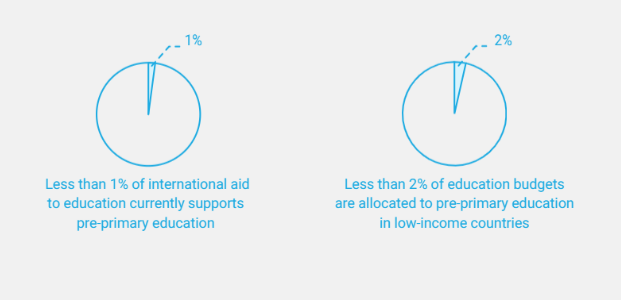Introduction
Early childhood development is essential to creating a thriving society. The experiences and opportunities children receive during their early years have a profound impact on their lifelong well-being and success. This means, funding and investment in early childhood development are essential for ensuring that every child reaches their full potential. At GIFT CONNECT, we are committed to amplifying the importance of Birth to Three development through the powers of music, technology and collaboration to ensure that every parent and child has the resources they need to build a strong foundation and to thrive in life.
In this blog post, we will explore the current state of early childhood development funding, spending, and investment in the United States and on a global scale.
Early childhood, typically defined as the period from birth to eight years, is a critical time for brain development. During this phase, children’s brains are highly adaptable, and they learn and absorb information at a rapid pace. Quality early childhood experiences, including access to education, healthcare, and nurturing environments, can significantly impact a child’s cognitive, social, and emotional development.

Early childhood development is vital not only for individual children but also for society as a whole. According to Do Something and the U.S. Census Bureau, 1.2 million students per year drop out of America’s high schools, and 80% end up interfacing with the prison system. Research has shown that investments in early childhood development can lead to improved educational outcomes, reduced crime rates, and increased economic productivity. According to The Barbara Bush Foundation for Family Literacy and a study by Gallop, the United States would generate an additional $2.2 trillion or 10% of total US GDP in annual income if all adults reached a sixth-grade reading level. Birth to Three is a proven pathway to breaking the cycle of poverty and inequality.
Early Childhood Funding in the U.S.
In the United States, funding for early childhood development comes from various sources, including federal, state, and local governments and private philanthropic organizations. Through programs like Head Start and Early Head Start, the federal government allocates funds to provide early education and support services to low-income children and their families. State and local governments also contribute through initiatives like pre-kindergarten programs.
While there has been progress in increasing funding for early childhood development in recent years, the U.S. still falls short of providing access to quality early education for all children. The disparities in funding and access leave many children without the opportunities they need to thrive.

Global Investment in Early Childhood Development
Globally, early childhood development is a growing focus for policymakers and organizations. The Sustainable Development Goals (SDGs) include a target to ensure that all children have access to quality early childhood development, care, and pre-primary education by 2030. This is huge! The recognition of early childhood as a global priority has led to increased investment and funding in many countries. However, most developed countries spend $10,000/child on ECD, while the U.S. spends $500/child. Further, according to UNICEF, only 1% of education funding in the developing world goes to early childhood development.

Source: https://www.unicef.org/education/early-childhood-education
We’ve focused so much on fixing the symptoms instead of the root cause — the underinvestment in the developmental resources for children from birth to age three, a time when most of the brain’s cognitive functions are formed and create a blueprint of well-being for the rest of their lives.
Invest in Our Youngest Citizens
Early childhood development funding, spending, and investment are critical for the well-being of children, communities, and societies as a whole. Unfortunately, not enough people, leaders, and organizations know about the revolutionary science and how transformational behavior can change practices and the connection to poverty. Let’s change that — together.
Join us on our mission of making Birth to Three an imperative policy so that we can improve the lives of children and, ultimately, the health of our society as a whole.


